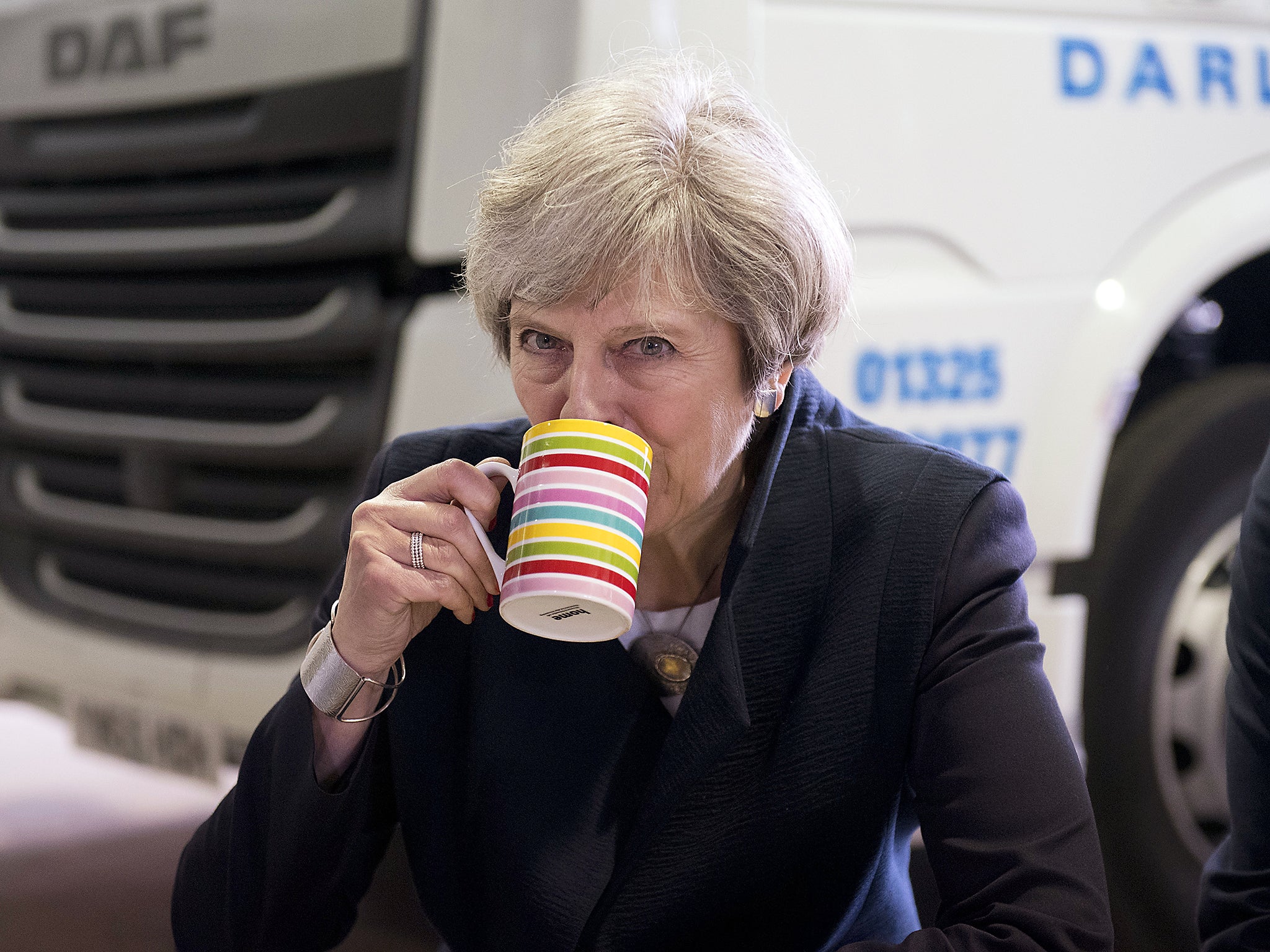More voters expect taxes to rise under the Tories than under Labour
Exclusive: ComRes poll for The Independent finds voters less fearful of Labour's tax and spending plans than might be expected

Your support helps us to tell the story
From reproductive rights to climate change to Big Tech, The Independent is on the ground when the story is developing. Whether it's investigating the financials of Elon Musk's pro-Trump PAC or producing our latest documentary, 'The A Word', which shines a light on the American women fighting for reproductive rights, we know how important it is to parse out the facts from the messaging.
At such a critical moment in US history, we need reporters on the ground. Your donation allows us to keep sending journalists to speak to both sides of the story.
The Independent is trusted by Americans across the entire political spectrum. And unlike many other quality news outlets, we choose not to lock Americans out of our reporting and analysis with paywalls. We believe quality journalism should be available to everyone, paid for by those who can afford it.
Your support makes all the difference.More voters expect to pay higher taxes under a Conservative government than under a Labour one, according to a ComRes opinion poll for The Independent. The finding, which contradicts the image of Labour as the tax-and-spend party, comes in the week that the party’s draft manifesto, containing plans to raise taxes on companies and on people earning more than £80,000 a year, was leaked.
The poll gives the Conservatives an 18-point lead, suggesting Theresa May is heading for a majority of 144 seats, the same as Margaret Thatcher’s in 1983. But the Tory lead has been cut from the huge 25-point advantage in the last ComRes poll three weeks ago. The Conservatives are on 48 per cent (down two), Labour on 30 per cent (up five), Liberal Democrats on 10 per cent (down two) and Ukip on 5 per cent (down two).
In a striking finding, most voters, 53 per cent, “would expect to pay more tax if the Conservatives win the general election than if Labour win it”. In a forced-choice question, 47 per cent said the opposite. The poll also found that 86 per cent of people expect Ms May to win the election – just 14 per cent said Jeremy Corbyn was likely to – so it is possible that the answers to the tax question reflect voters’ belief that the Conservatives will win, and will put up taxes. Ms May this week repeatedly refused to rule out rises in “the level of tax”.

In other findings, the poll found limited support for tactical voting. Faced with a choice, 87 per cent said: “I will vote for the party which I think is best for Britain”; only 13 per cent said: “I will consider voting for a party I don't usually support to stop one party winning too large a majority.”
It found that most voters – 53 per cent – “do not believe Theresa May when she says she wants to try and help people who are ‘just about managing’”; 47 per cent say they do believe her. And with less than four weeks to go to polling day a third of voters – 32 per cent – have yet to make up their minds how to vote.
When asked to compare party leaders, Ms May was seen as “best to lead Britain’s negotiations over Brexit” by 50 per cent as against 15 per cent for Mr Corbyn; “most likely to keep Britain safe from terrorism” by 47 per cent to 14 per cent; and “most likely to reduce net migration to the UK” by 38 per cent to 9 per cent”. On this question, Mr Corbyn was ranked third behind Paul Nuttall, leader of Ukip, on 18 per cent.

Mr Corbyn was seen as “most likely to deliver improvements to the NHS” by 38 per cent to 28 per cent for Ms May, and the Labour leader was also seen as “best to look after the interests of hard-working families” by 35 per cent to 32 per cent for Ms May. Significantly, the Prime Minister, who wants to extend selection in schools, was seen as “most likely to raise school standards” by 35 per cent to 28 per cent for Mr Corbyn.
Ms May, who on Tuesday appeared on BBC1’s The One Show with Philip, her husband, also won the “desert island” test, with 26 per cent saying she was “the one I’d most want to be stranded on a desert island with”: 19 per cent opted for Mr Corbyn; 8 per cent preferred Tim Farron, leader of the Lib Dems; 3 per cent Mr Nuttall; and 3 per cent – 40 per cent in Scotland – Nicola Sturgeon, leader of the SNP. But 41 per cent did not want to be stranded with any of them.
ComRes interviewed 2,007 GB adults online 10-12 May 2017. Data were weighted to be demographically representative of all adults and by past vote recall. Voting intention figures are calculated using the ComRes Voter Turnout Model. ComRes is a member of the British Polling Council and abides by its rules. Full tables on the ComRes website.
Join our commenting forum
Join thought-provoking conversations, follow other Independent readers and see their replies
Comments